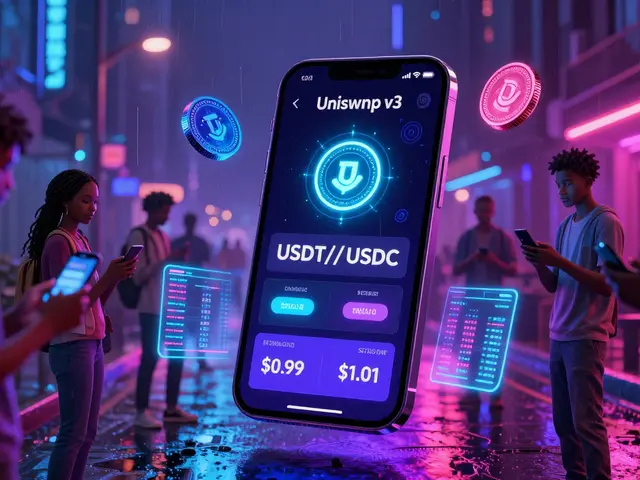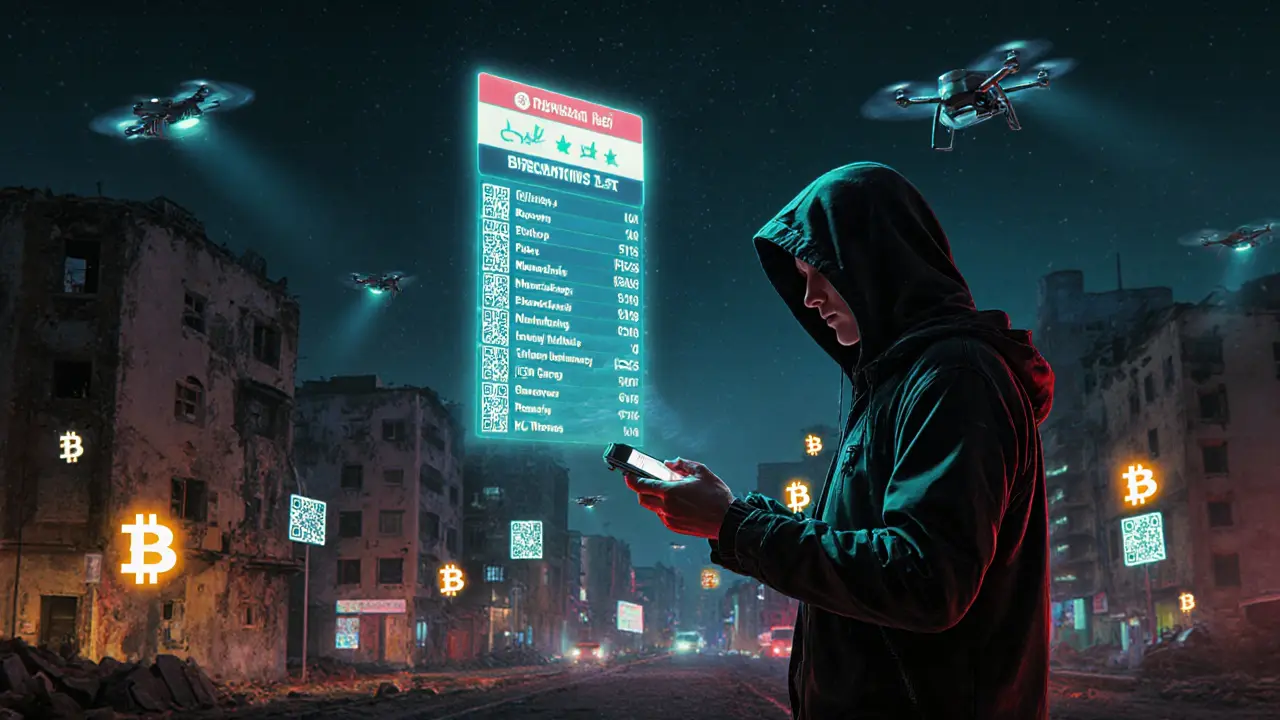Cryptocurrency Regulations: What You Need to Know About Global Rules and Enforcement
When it comes to cryptocurrency regulations, government rules that control how digital currencies are bought, sold, taxed, and tracked. Also known as crypto laws, these rules determine whether you can trade freely or face fines, bans, or even jail time. Unlike traditional banking, crypto moves across borders without permission—and that’s why governments are scrambling to catch up.
One major tool they use is blockchain forensics, software that traces crypto transactions on public ledgers to find illegal activity. Companies like Chainalysis and Elliptic help agencies track ransomware payments, darknet market sales, and sanctions evasion. If you’re trying to hide funds from the IRS or Bangladesh Bank, it’s getting harder. Every wallet address leaves a trail. Even if you use a VPN, your exchange might still report you—especially if it’s licensed under crypto licensing, official government approval required for exchanges to operate legally. Places like Malta and Georgia now require strict AML checks, KYC verification, and regular audits just to stay open.
And it’s not just about exchanges. Some countries ban crypto entirely. Bangladesh’s 1947 Foreign Exchange Act treats crypto trading as illegal money movement. Others, like the U.S. and EU, are building complex frameworks under AML crypto, anti-money laundering rules applied to digital assets to prevent fraud and terrorism funding. The MiCA law in Europe, for example, forces all crypto platforms to register, disclose team details, and protect user funds. Meanwhile, in places like Brazil and the UK, exchanges like Mercado Bitcoin and BC Bitcoin must prove they’re compliant—or shut down.
What does this mean for you? If you’re trading on a site with no team, no audits, and no clear rules—like Libre Swap or IslandSwap—you’re not just taking a risk on the token. You’re risking your money on a platform that could vanish overnight, or worse, get shut down by regulators. Even airdrops like PERA or CTR aren’t safe if the project ignores compliance. The same goes for fake tokens like Apple Network (ANK)—they don’t just scam you. They make it harder for real projects to get trusted.
Regulations aren’t here to kill crypto. They’re here to clean it up. The best way to protect yourself isn’t to avoid rules—it’s to understand them. Know where your exchange stands. Know if your country allows crypto. Know how your transactions are being tracked. The posts below break down real cases: how Bangladeshis use VPNs to trade, how Georgia offers tax breaks for crypto businesses, how Malta issues licenses, and how authorities catch sanctions violators. This isn’t theory. It’s what’s happening right now—and what will shape your next move.





